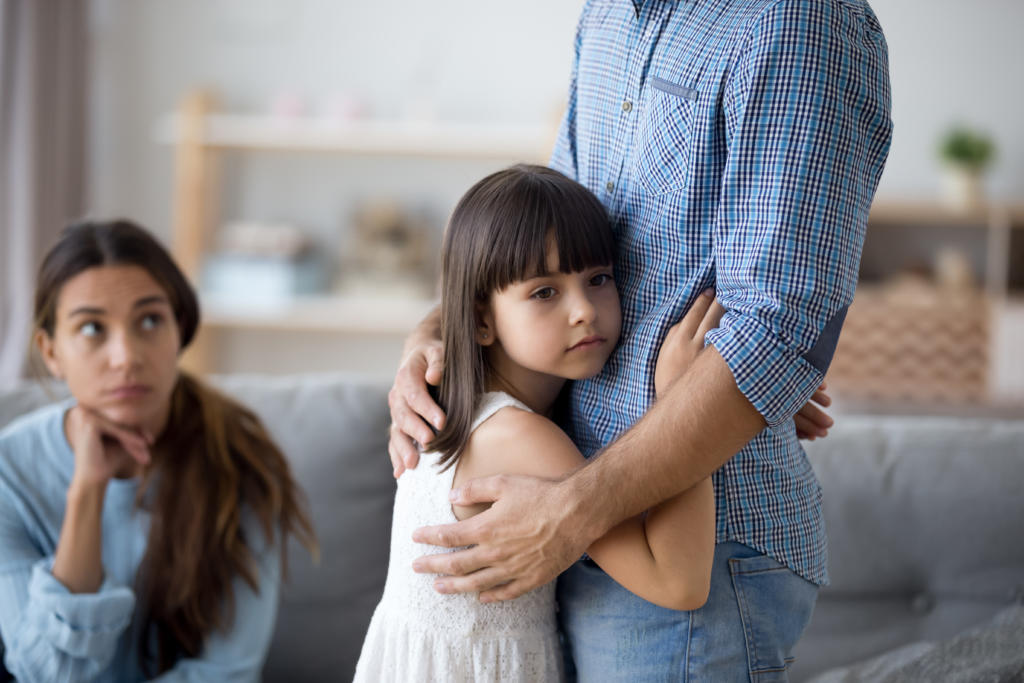
The impact on your children can be the hardest but most important challenge when you go through a separation. Everyone is conscious of trying to minimise the adverse effects on their children but it can be so difficult to manage with the extent of the emotions you are feeling. Through our experience supporting individuals in this position we have the following tips to share:
Thinking from the children’s perspective is helpful
This can be a challenging and difficult time for children and they will need to be insulated from the emotional fallout that can arise following separation and divorce. It’s helpful to think about what they need and what they would want. That’s often easier said than done but one useful way to start is to keep focused on the outcome you want.
For most parents, it is the thought that even though you are separated from the children’s perspective you are still a family and they will not want to feel that they have to choose which parent should attend their wedding or their graduation. Although that may seem a long way away, the groundwork starts now to help insulate them from the emotional fallout of the breakdown of your relationship.
Be mindful also that they are going to want reassurance and clarity wherever possible about what is going to happen. Children will often find comfort in routine and knowing when they are going to spend time with the other parents.
Find a positive way to communicate with your former partner about the arrangements for your children
Communication is key – not only just for the basic and key arrangements (who’s to be where/when for example) but also to help make decisions such as education and healthcare options for the children. It does not have to be done face to face, particularly where emotions are running high. There are various apps now available to help you to communicate and schedule time with your children.
If you are not able to communicate, it may result in court applications having to be made to ask the court to make decisions for your children. You will know your children better than any court and research shows that agreements reached by parents are more effective than court orders.
At the very beginning, ensure you have discussions away from your children about what you are going to tell them (and not tell them). The adult reasons for you separating should not be shared with children. Plan to sit down with them together to explain. This need not be a long explanation, just together explain that although the two of you have decided you will be happier if you don’t live together anymore, you both still love them as you always have and (very importantly) stress that this decision has not been made because of anything they have done. Often without any such reassurance children can blame themselves while searching for an explanation of what went wrong.
For help with doing this in an age-appropriate way ask your solicitor about the Resolution guidance for parenting after parting. If it is difficult to find a time and place to discuss issues away from your children, mediation can be a cost-effective place to hear each other’s point of view and try to reach an agreement.
Seek your own support
Don’t forget yourself in this process. The situation is akin to being on a plane and putting the oxygen mask over your mouth first before attending to your children. Ensuring you have the emotional space and support your needs moving forward. This is vital so that you can help your children at what could be a difficult and confusing time for them. Close friends, family members and counselling can all help. Your own anger, fears about the future and stress cannot be put in a box; you need to process what has happened to be able to move forward positively.
